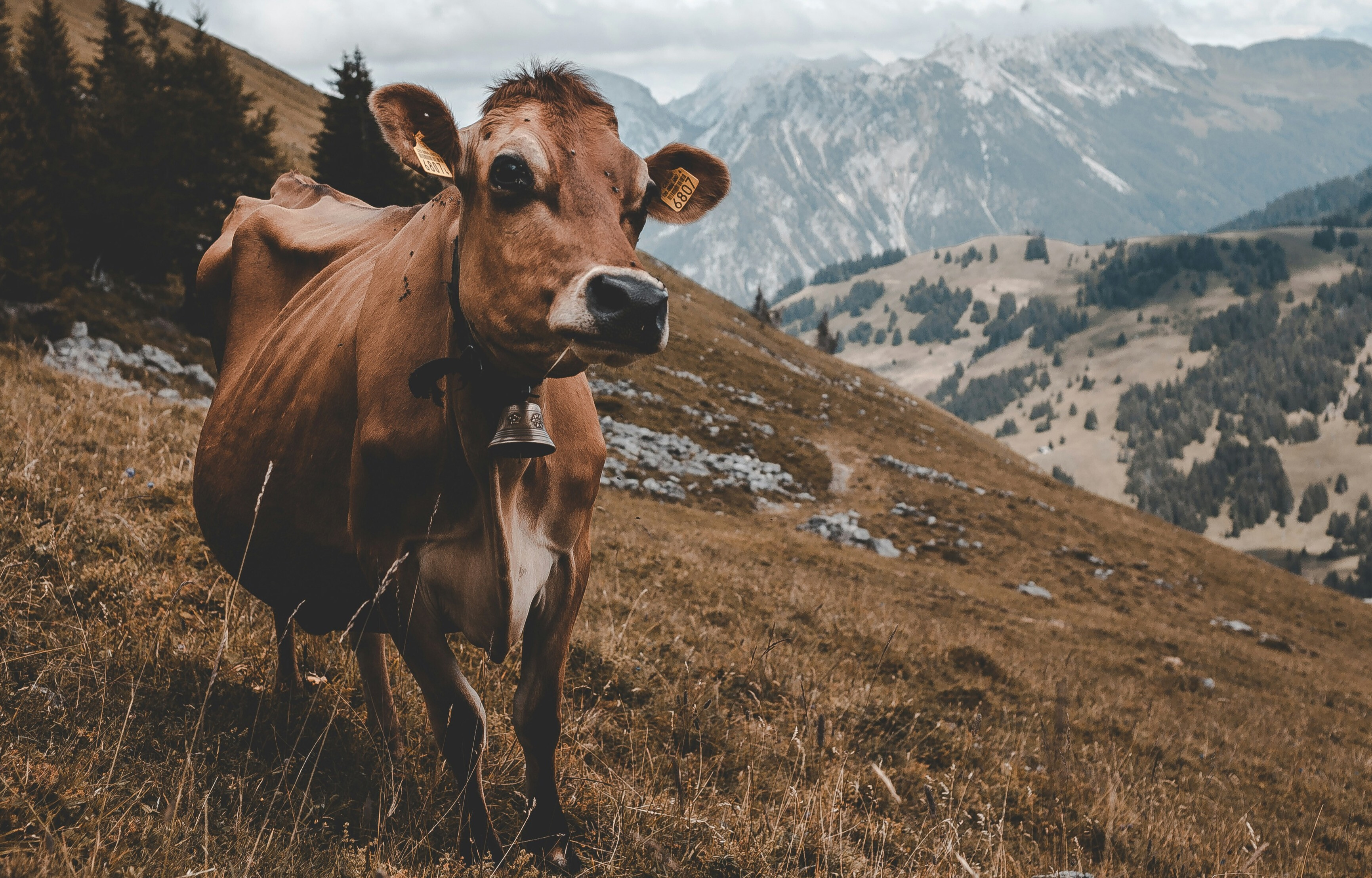Screwtape Letters and Prayer
February 19, 2026

How often have you heard someone refer to the Scripture that states God “has cattle on a thousand hills”? Maybe never, I’m not sure. But if you have heard it mentioned, it was probably taken out of context. Over the years I’ve often heard Christians reference this line from the Psalms to make the point that God is well resourced. While we may have a lack, He has an abundance. And therefore, we should ask Him to disperse some of that our way.
There are several passages where we, as believers, are exhorted to ask God for our needs. He is our provider. After all, He is the very good Dad of all time who knows how to give good gifts to His kids. But I don’t think that is the main point of the cattle on a thousand hills passage.
You’ll find it in Psalm 50:10-12, where God says,
“…every beast of the field is Mine,
The cattle on a thousand hills.
I know every bird of the mountains,
And everything that moves in the field is Mine.
If I were hungry, I would not tell you;
For the world is Mine and all that it contains.”
Remember, Israel brought sacrifices to God at regular times throughout the year. That practice is odd compared to our lived experience, but in their time, sacrifices made to gods were common. The gods of other nations needed to be fed, needed to be honored, needed to be worshipped, and so on. If their gods weren’t abated, there would be consequences.
Israel’s God was different. Yes, He desired sacrifices. But His people actually sat before Him and ate the majority of what was given. Sacrificial holidays in the Jewish calendar were times of rest and feasting. Anticipated by all, they were not to be missed.
For sure, God also desired that His people honor Him. But, through exalting Him, He knew they would be saved from honoring imperfect leaders or other gods who demand much more than rest and feasting. Certainly, He also desired worship. But that desire was also not driven out of divine need. Rather, He knew we needed to worship Him, so He gave us what we needed – opportunities to do so.
When the Psalmist invites you to imagine God as having “cattle on a thousand hills,” he is letting you know that God doesn’t need you. It’s the other way around – you need Him. That’s really good news to me. If God is counting on me to hold it together… If there’s some sort of situation in which He really needs me to say the right thing… If there’s a need that supposedly only I can meet… Then wow, I must be a pretty big deal to Him.
God asks in verse 13 of Psalm 50, “Shall I eat the flesh of bulls, or drink the blood of male goats?” As if to say, “What do y’all think all these sacrifices are about? You think I’m hungry? Of course not!” God didn’t need the Israelites to feed Him as if He were some cosmic baby. Nor does He need us today. It’s the other way around – we need Him. Our resources, abilities, intentions, giftings, are all insufficient. So, He says in verse 15, “…call on Me in the day of trouble; I shall rescue you”
What about you? When it comes to the things you are worried about, do you assume that the outcome depends on you? Instead of redoubling your efforts or giving up in exhaustion, what would it look like to do what Psalm 50:14 tells us to do, to “offer a sacrifice of thanksgiving” to God? When faced with things that concern us, sitting down before the Lord for rest and feasting takes faith. Psalm 50 ends with, “He who offers a sacrifice of thanksgiving honors Me; and to him who orders his way aright, I shall show the salvation of God.”
February 19, 2026
February 05, 2026
January 29, 2026